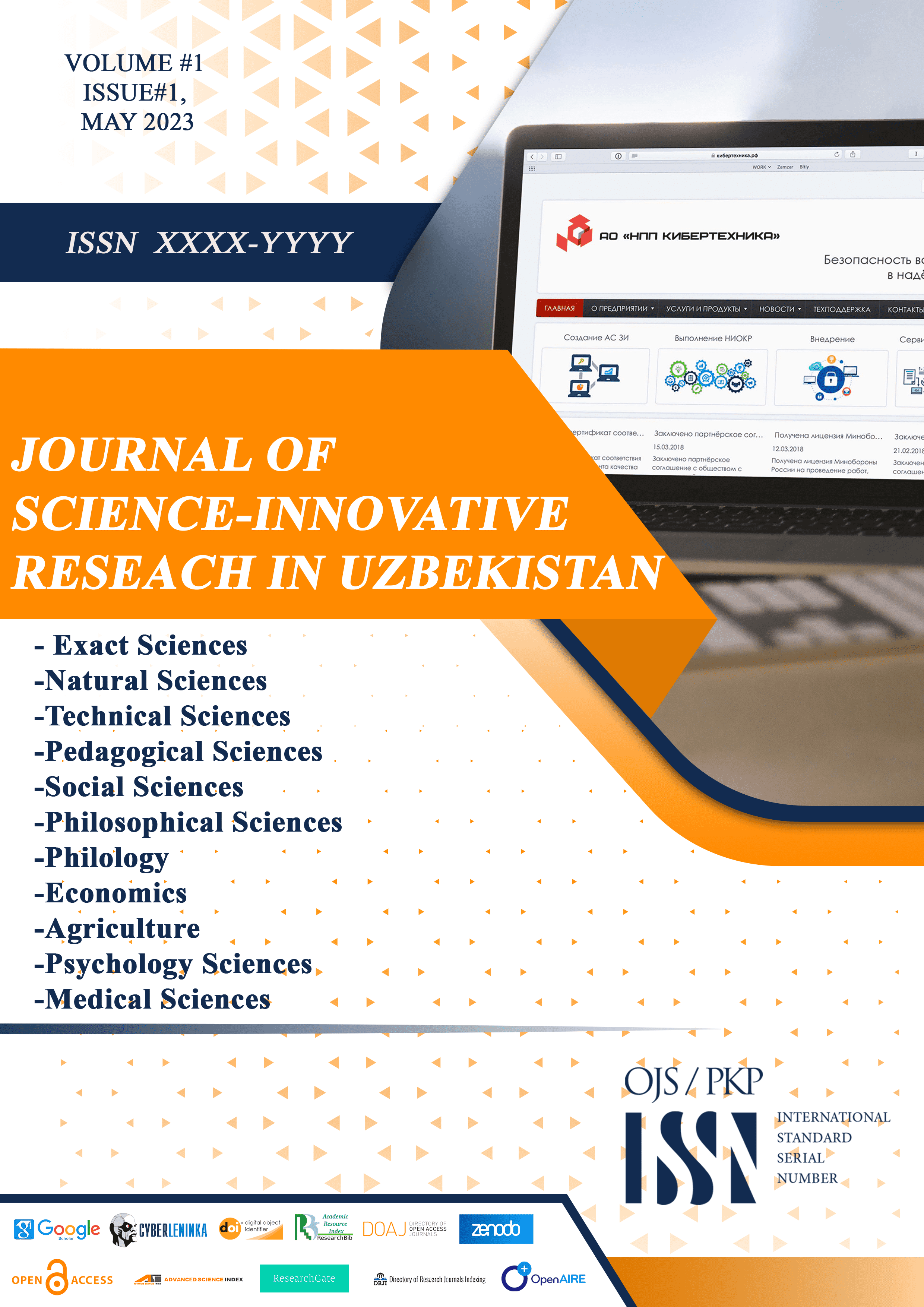Abstract
The Programme for International Student Assessment (PISA) is a large-scale international study that evaluates the reading literacy, mathematics, and science proficiency of 15-year-old students worldwide. Initiated by the Organisation for Economic Co-operation and Development (OECD) in 2000, PISA is conducted every three years and provides valuable insights into global education systems. This article examines the goals, methodology, and key findings of PISA over the years. Additionally, it discusses how PISA data can inform educational policies, improve curriculum development, and promote social equity in education.
References
1)- OECD. (2016). PISA 2015 Results: Excellence and Equity in Education.
2)- Schleicher, A. (2019). PISA: Assessing Education and Driving Innovation.
3)- OECD. (2020). The Future of PISA: Global Trends in Education.

This work is licensed under a Creative Commons Attribution 4.0 International License.

